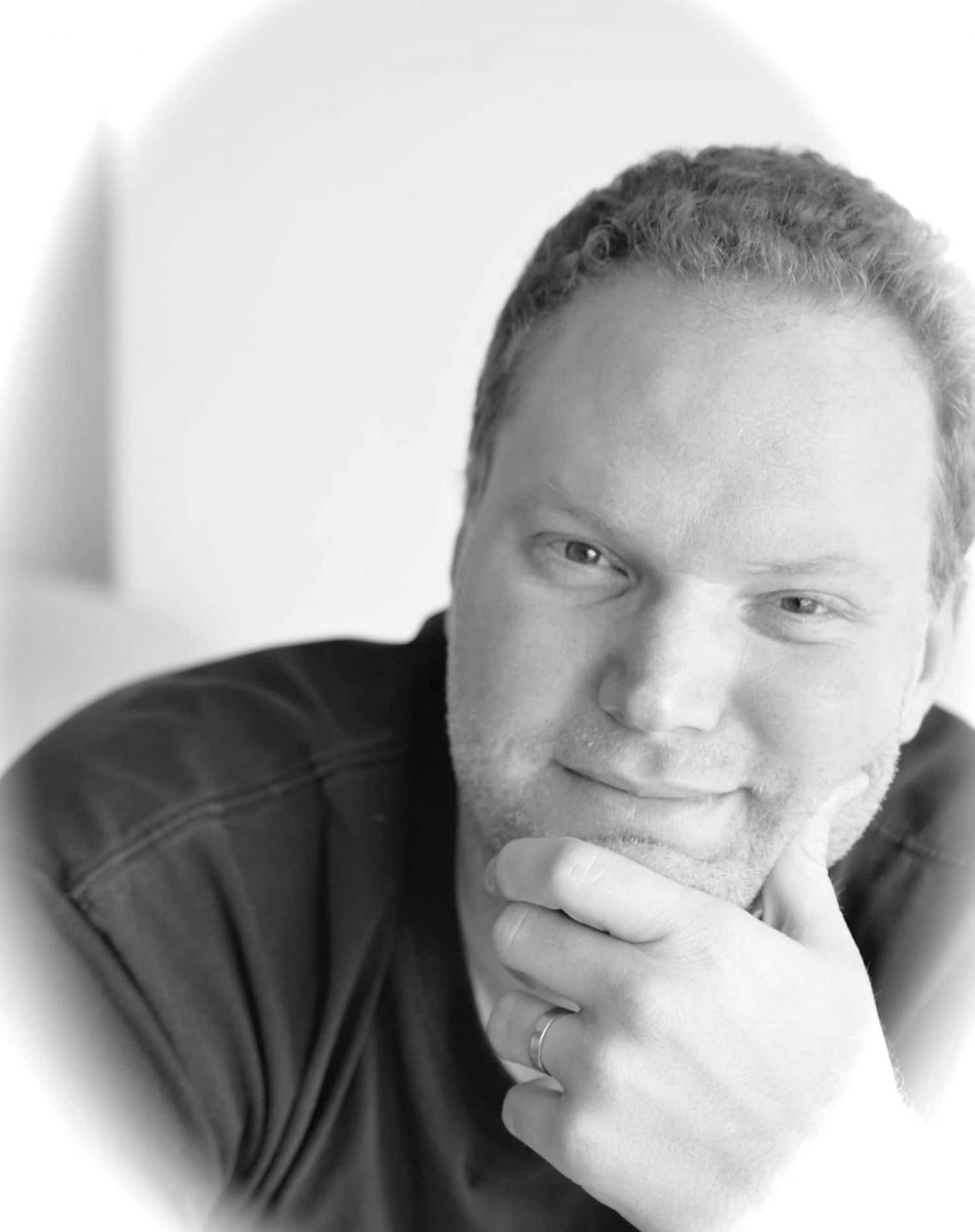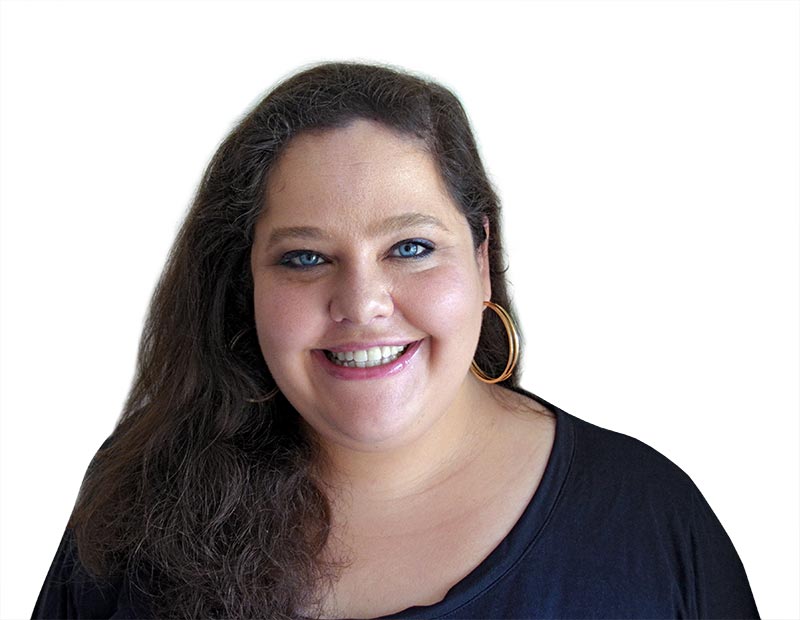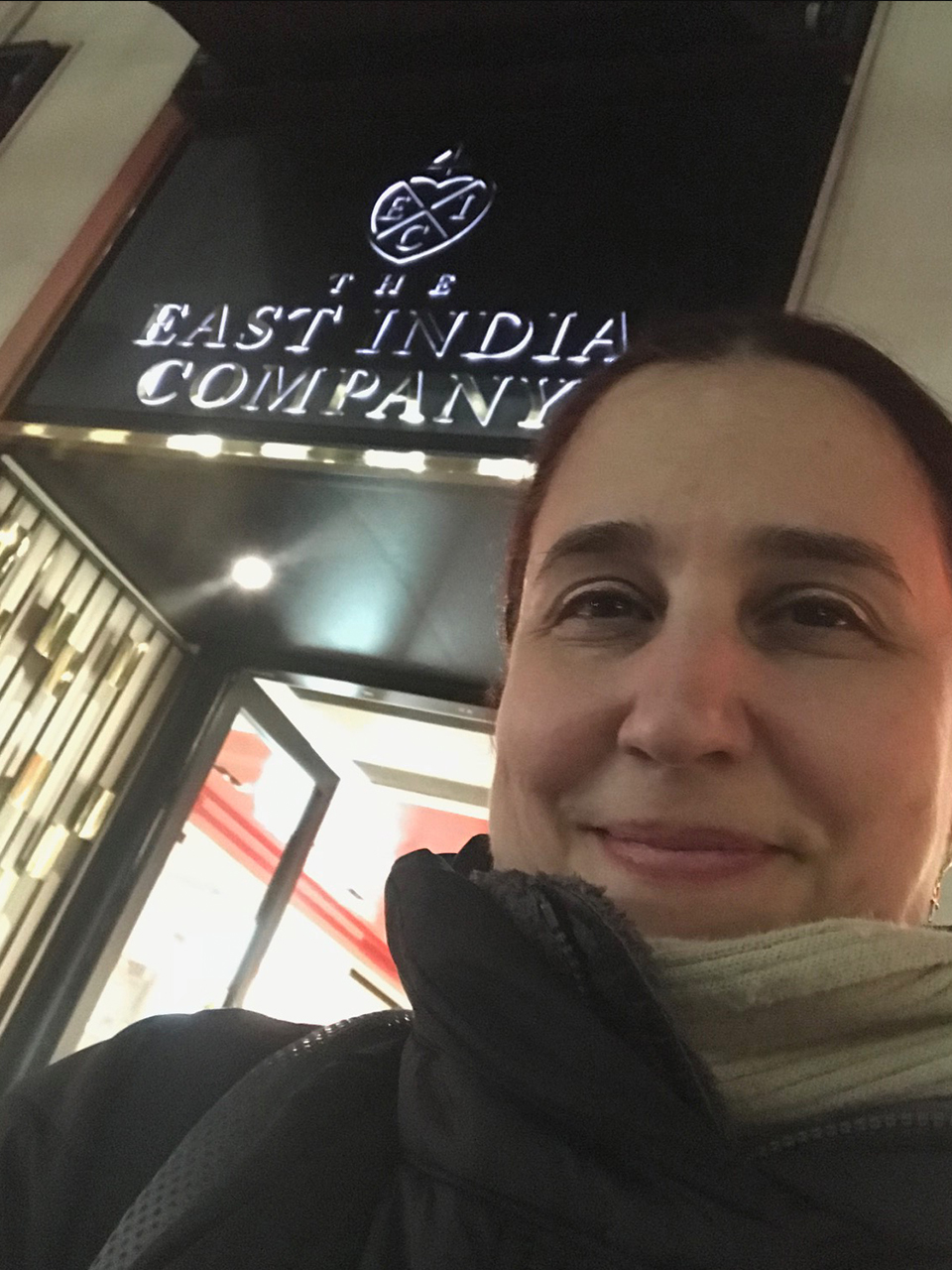Choices
There is a tide in the affairs of men, Which taken at the flood, leads on to fortune. Omitted, all the voyage of their life is bound in shallows and in miseries. On such a full sea are we now afloat. And we must take the current when it serves, or lose our ventures.
William Shakespeare
 “If I could have a second go at life, being back to school, but still knowing everything I know now, I’d make so many things differently.” How many of you have already thought, said or heard this? I know I have. It’s fairly easy in life to look back and think about the things we could have done differently. These things, actually, are choices we have made in life. Choices that put us on a path that helped us build our journey thus far. And we continue making choices, which will lead us towards the end of the journey. The more informed we are, however, the better our choices seem to be.
“If I could have a second go at life, being back to school, but still knowing everything I know now, I’d make so many things differently.” How many of you have already thought, said or heard this? I know I have. It’s fairly easy in life to look back and think about the things we could have done differently. These things, actually, are choices we have made in life. Choices that put us on a path that helped us build our journey thus far. And we continue making choices, which will lead us towards the end of the journey. The more informed we are, however, the better our choices seem to be.
You see, we make choices whether we think we are making them or not. We choose what to wear in the morning, we choose whether we’re going to greet a stranger in the elevator or not, we choose if we’re having our coffee black or with cream or milk. We choose our jobs, our professions, we choose whether to remain working for a company or to go freelancer, or to take a sabbatical. And, going back to the first paragraph, we choose better if we have more information at our disposal.
Choices are part and parcel of life. This is true for little and big things in life. Choices are also a big part of what we have to do in our classrooms. Should I correct my student now or should I save it for later? Will my students benefit from my using L1 at this moment or not? Will I teach a traditional grammar lesson or should I lead them to uncover the rationale behind this structure? Is it OK to fall behind schedule now? Will I use a picture or realia to introduce this piece of vocabulary? Perhaps peer correction would be a good strategy here. I might want to go run this unit using the elements of PBL. Why not?
These choices are made instantly every class, and there’s nothing worse about making a choice without a clear objective in mind when it comes to learning. But just how can I ensure that my choices are mostly beneficial to my learners if we understand learning is not as black and white as we want to depict it? The more informed we are, the better our decisions and choices will be. Therefore, never stop learning. Learn about second language acquisition, learn about phonetics and phonology, learn about how words are stored in our minds, learn more about grammar – just keep learning. After all, as teachers, we’re in the business of learning. If we have chosen to stop learning new things, we’ve already made the choice to stop teaching.





